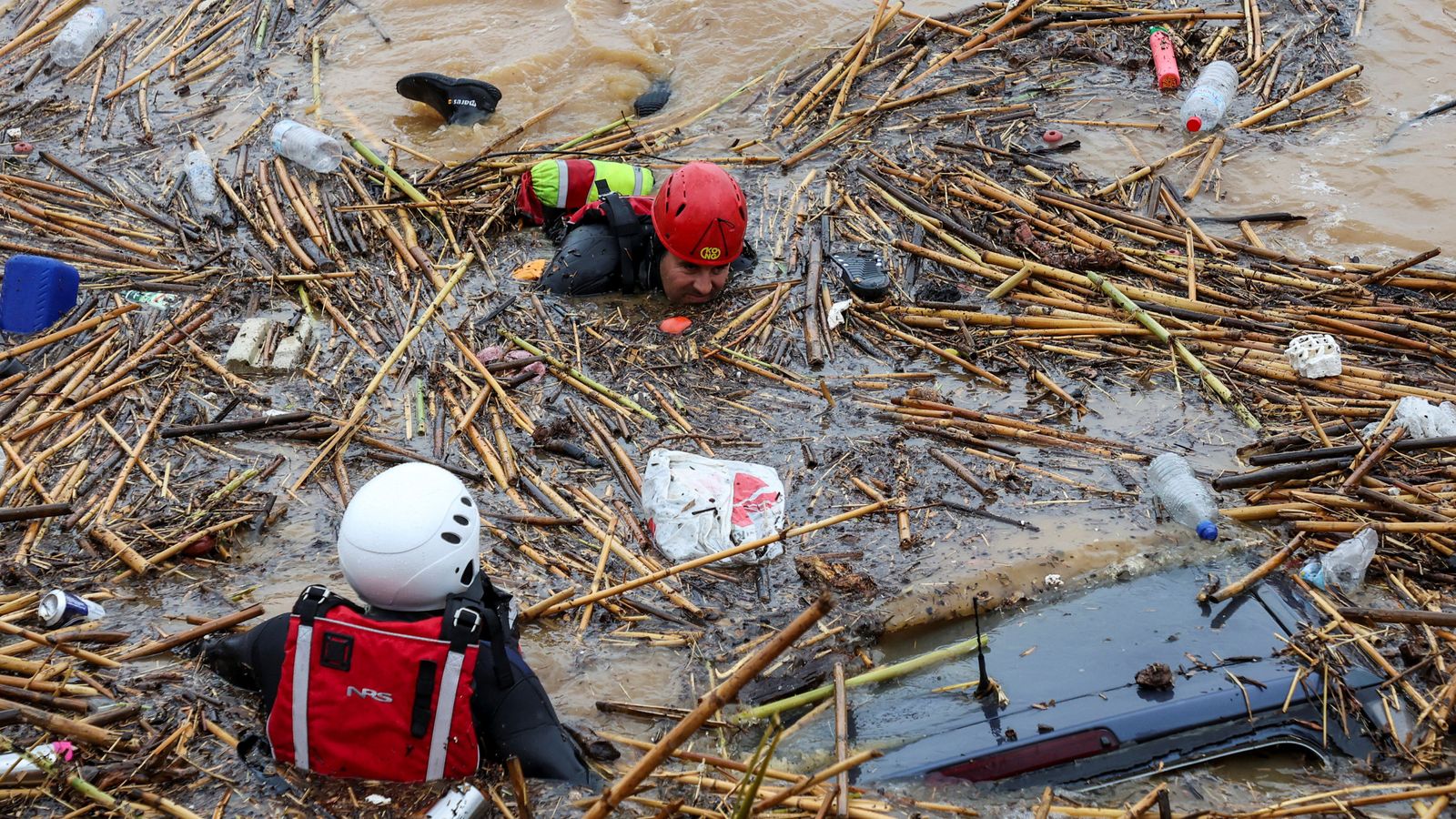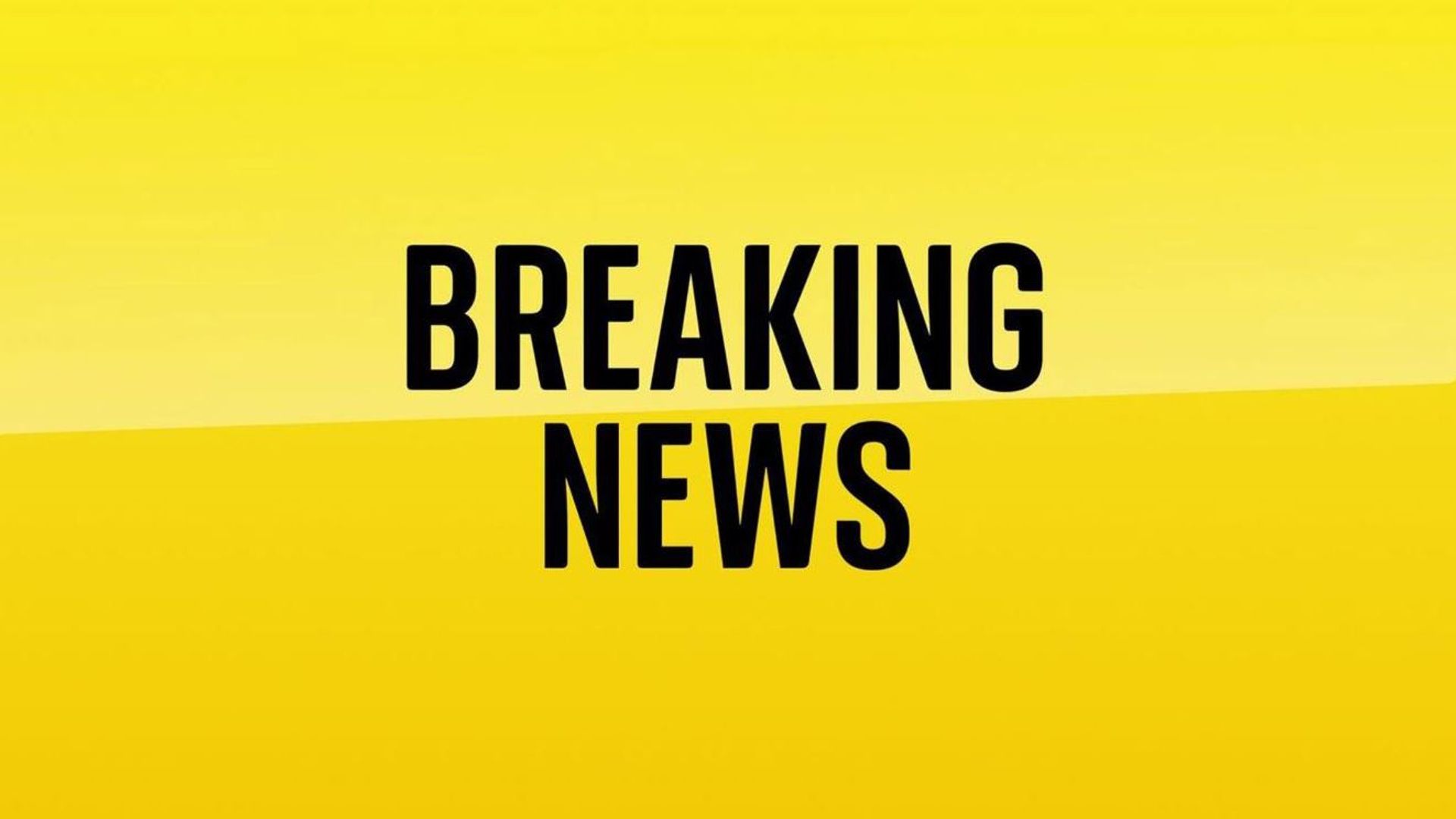The UK is now spending more of its aid budget at home than in poorer countries, development experts have said.
That is because a large proportion of the pot – some £3bn – is being spent on housing refugees, mainly from Ukraine, according to the Centre for Global Development (CGD).
The UK aid budget is around £11bn, with some £4bn going to multilateral institutions including the World Bank.
Of the remaining £7bn, which is administered by the UK directly, more than half will be spent domestically this year, including some £3bn on housing refugees, according to CGD’s analysis.
While the UK is allowed to count refugee-hosting costs as official development assistance (ODA) under internationally agreed rules, it is one of only a few countries – and the only one in the G7 – to fund all the costs of Ukrainian refugees from its existing aid budget, the Washington and London-based think tank said.
Rishi Sunak was criticised for cutting the budget from 0.7% to 0.5% of national income during his time as chancellor, for setting a precedent for letting the Home Office and other departments use the pot, and for stretching the rules on what can be counted as aid.
Ranil Dissanayake, policy fellow at CGD, said: “The development budget – the pot of money we put aside to help the world’s poorest people – is being squeezed from every angle.
Ukraine war: ‘There is only us and them – enemies’ – Ukrainians dug in trenches on Belarus and Russia frontline
Claims Russian troops need to ‘de-Satanise’ Ukraine criticised – as ‘holy war’ comparisons made
Life on the ground: Russian power play plunging Ukraine into darkness
“Not only was it slashed by almost a third, Rishi Sunak then set a precedent as chancellor for letting other departments claim whatever they could back from this pot.
“Saying we spend 0.5% of our national income on aid is becoming meaningless, when such a huge proportion of this pot is being spent domestically, rather than on helping people facing enormous hardship across the world.”
Read more:
Foreign aid cuts not only a tragedy for the developing world – but the UK too
Sunak spooked rebels with the threat of tax rises to pay for foreign aid – acquiring a new political weapon in the process
Key Tory rebel appointed to Foreign Office
One of the key Tory MPs who rebelled against Mr Sunak’s aid budget cuts last year, Andrew Mitchell, has now been appointed by the prime minister as development minister in the Foreign Office.
The appointment was seen as significant as Mr Mitchell, a former international development secretary, could increase pressure on Mr Sunak to honour his pledge to return to 0.7% international aid spending by 2024-25.
However, the prime minister is considering freezing the budget for an extra two years – saving £4bn a year – as he eyes ways to plug a multi-billion pound fiscal black hole, the Telegraph reported.
A spokesperson at the Foreign, Commonwealth and Development Office said: “Across government, there are significant pressures on the 0.5% ODA budget due to the costs of accepting refugees from Afghanistan and Ukraine as well as wider migration challenges. Obviously how many refugees arrive in any particular period is not certain, so there is not a fixed cost.
“We remain one of the largest global aid donors, spending more than £11 billion in aid in 2021, and UK aid has recently gone towards those in need in the Horn of Africa and Pakistan.”








